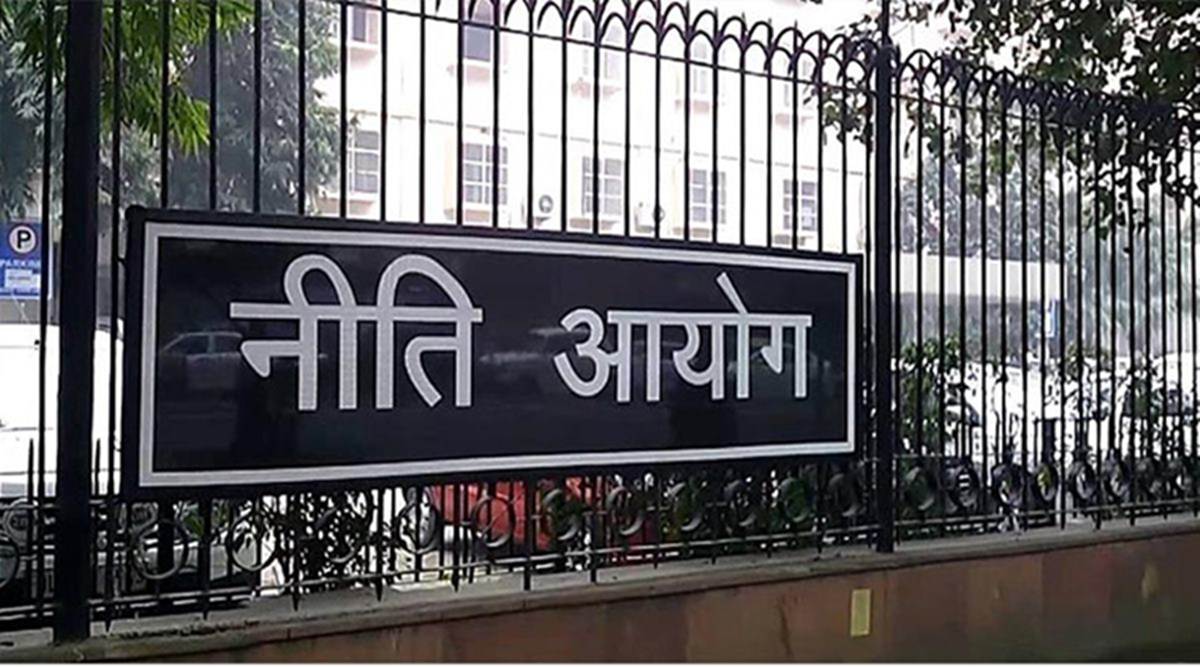New Delhi: In a major step aimed at the post Covid-19 scenario, the government is planning to open up more than 5,000 acres of land for sale to corporate entities. The plots of land of several Central Public Sector Enterprises slated to be closed will soon be available for private corporates.
In what could be described as a major fillip to the Atma Nirbhar Bharat mission, the government is planning to dispose of land owned by several CPSEs, including HMT Chinar Watches, Hindustan Organic Chemicals Ltd, Central Inland Water Transport Corporation Ltd, Hindustan Cables Ltd, Tungabhadra Steel Products, Hindustan Organic Chemicals Ltd, Andaman & Nicobar Forest & Plantation Ltd.
Sources said that in a follow-up measure of the Cabinet decision of closing down 19 sick CPSEs, a Committee of Secretaries’ meeting was held recently under the chairmanship of Cabinet Secretary R.K. Gauba. The meeting was also attended by Niti Aayog CEO Amitabh Kanth and top bureaucrats of various government bodies.
In the meeting, it was discussed that out of the total of 19, two CPSEs have already been closed, while in the case of 17 other CPSEs, they were mired in issues related to the disposal of land, contractual problems with the land managing authority, NoCs from state governments, forest clearances, encroachment issues and complications arising out of adhering to requirements of the Company’s Law.
Some bureaucrats who attended the meeting proposed changes in the guidelines for disposal of the land. They suggested that the Ministry of Corporate Affairs and Committee of Secretaries should consider modifications in the Company’s Law for reserving land assets for attracting investments in the post Covid-19 situation.
It is learnt that Niti Aayog CEO Amitabh Kant proposed that the leasehold land without any precondition should be treated as Central government assets rather than returning it to the state governments. He suggested that a separate vertical within NBCC should be formed to manage and hold the land on behalf of the Government of India rather than the land being transferred back to the Administrative Ministry/Department.
It was also suggested that NBCC may be a suitable organisation to hold and manage the land assets. Some bureaucrats said that the prospective entrepreneurs are being pursued by state governments and private industry associations. It was suggested that the lease holding land may be returned to the state governments.
A view was expressed that land is a state subject and for setting up new industries, it has to be made available by the state governments. It was also proposed that the land could be transferred to the state governments at circle rate. And that a case-by-case review of land transfer needs to be undertaken after duly consulting the minority stakeholders.
Some officials were also of the view that if the land is transferred back to the administrative department or the ministry concerned, the extant rules of GFR would be applicable. A suggestion was made that the land may be transferred to an intermediary agency like National Building Construction Corporation. However, NBCC officials present in the meeting said they would not have the requisite financial capability to purchase all the land on offer from the CPSEs.
In order to expedite the closure of the sick CPSEs, it was decided that the Department of Public Enterprise may move an amendment in their guidelines regarding transfer of land of sick/negative net worth companies to the administrative ministries, at book value. Such transferred land could be used in priority sectors of the government, including inter alia, investments in key economic sectors and affordable housing.
It was proposed through the existing inter-ministerial group of DIPAM under the asset monetisation framework, DPE may coordinate to identify the appropriate use of such lands and work out the modalities for further transfer/disposal to the ministry/entity concerned.
Relevant ministries and organisations like DPIIT, MOHUA and others may be made part of the Inter Ministerial Group as may be required. NBCC or any other entity as decided by the IMG may manage/handle the land, for being utilised in the identified priority sectors of the government.
The leasehold lands, those without any pre-conditions, may also be treated in a similar way. The Ministry of Corporate Affairs could issue necessary orders/clarifications for the expeditious closure of sick CPSEs as soon as possible.
Several changes in the existing guidelines for disposal of land were also discussed in the meeting. Proposals were given that the existing criteria of circle rate of the area or average price of the similar sized land assets in nearby areas in last three years may be replaced with only circle rate of the area as reserve price. The earlier system of land management agency of CPSE such as NBCC, EPIL which manage, maintain and assist in disposal of land, may be changed.
As per the new proposal, land management agency powers may be given to the administrative ministry, CPSE, wherever it is already engaged in the disposal of land. For disposal through open bidding, the administrative ministry may appoint a transaction advisor from the empanelled agencies of DIPAM.
At present, 10 CPSEs under closure have 5369.267 acres of land. The government is of the view that since the area is already developed and has proper infrastructure, it could be gainfully used for setting up a production base for new companies.
The idea of selling land belonging to redundant sick CPSEs is in line with the government’s mission of Atma Nirbhar Bharat. Acquisition of land has been a major hurdle in Foreign Direct Investment and foreign corporates setting up their production hubs in India.
It appears to be a good policy, provided the government comes up with a single hassle-free window system for land acquisition, so that at least one of the major hurdles in setting up manufacturing units in India is taken care of. Sources added that the recommendations made in the meeting have been sent to Dr P.K. Mishra, Principal Secretary and P.K. Sinha, Principal Adviser in the Prime Minister’s Officer.

